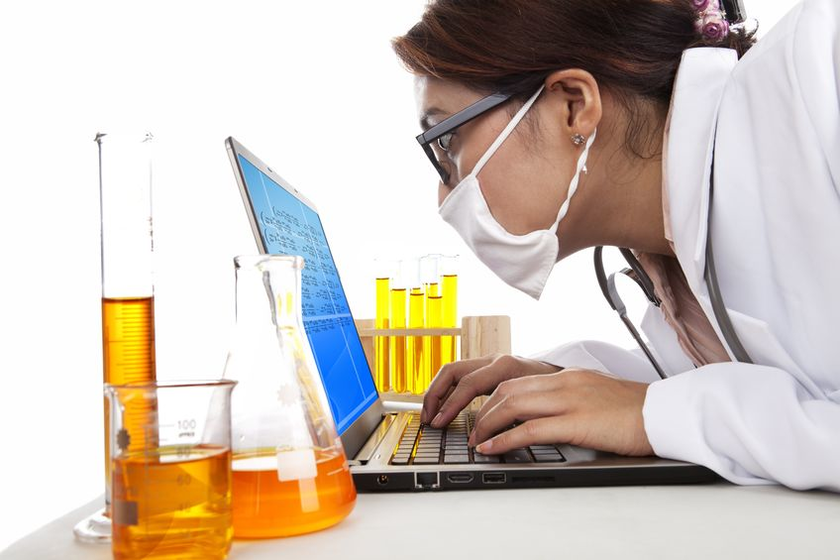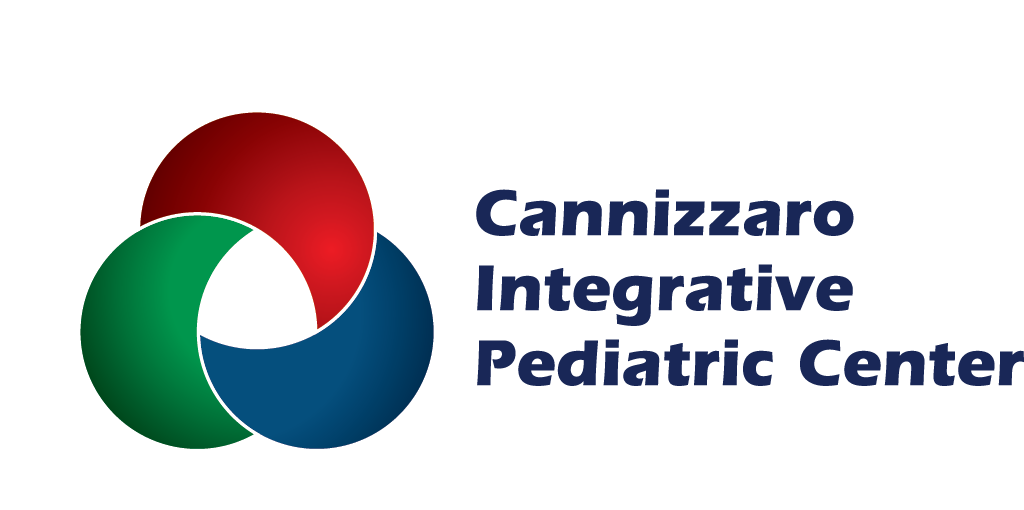
You hear a lot about toxins these days. The word is almost overused. What are toxins? Why are they so dangerous? Should you really be that concerned?
95% of cancers are caused by diet and environment.
This startling statistic from Columbia University School of Public Health can be found in Suzanne Somers’ book, Tox-Sick: From Toxic to Not Sick. In the book, Ms. Somers interviews some of the most progressive medical doctors who regularly (and successfully) treat their patients’ diseases by addressing their toxic load. In fact, it is accurate to say that these patients would not get better until they detoxify their bodies.
It is indeed crucial to our health to be concerned about toxins, taking a good, hard look at what we put in—and on—our bodies and learning how to defend ourselves against the toxins that we are exposed to daily.
What are Toxins?
Here are a couple dictionary definitions of “toxin”:
tox’-in
noun
- A poison or venom of plant or animal origin, especially one made by or derived from microorganisms which cause disease when present at low concentration in the body.
- A foreign substance that induces an immune response in the body, which includes the production of antibodies.
By definition, toxins have the capacity to make you sick.
Common sense dictates that you would not want to eat, drink, breathe or apply toxins. Yet we do it every day. We are literally eating, drinking, breathing and applying toxins every day. They are getting into our bodies and making us sicker than we think.
Common sense would also dictate that our government would be passing laws, banning these substances from our planet (or at least from our food). This is not the case, but we are not here for you to read about business or politics. Suffice it to say, leading medical authorities have agreed that toxins and the inflammation that results are the root causes of all disease.
Even though respected medical doctors and researchers have warned us about the dangers of toxins, and many books have been written on the subject, the mainstream has much to catch up on. Regulatory bodies that are supposed to protect the public health have obviously been mired in red tape. While the use of certain poisons has been banned, the regulations don’t account for the affects of long-term exposure to small amounts of many types of combined toxins. And that is exactly what’s happening to us.
Does this scenario sound familiar?
You get up in the morning, brush your teeth and wash your face with water from the tap, which is full of fluoride and chlorine (both devastating to thyroid health). Then you might walk outside with a cup of coffee (unless it’s organic, coffee has herbicides, pesticides and artificial residue) and breathe in the air (laden with automobile exhaust fumes that act as xenoestrogens, making your own hormone production go berserk).
Not to paint a frightening and depressing picture, but that is indeed what we’re up against. There are ways to protect yourself and your family, but first you must learn about the threat. And we can’t wait for our regulatory agencies, or even our health care system to do it for us. While they’re busy ignoring or disagreeing, we need to be using some common sense and acting on our own behalf.
Protecting the Gut
The areas where we have the most control over our exposure to toxins are the food we eat, the drugs we take and the products we use. In previous articles we’ve discussed your microbiome, a collection of organisms that protects your body from pathogens. This part of your immune system is mostly located in your gut.
Research has shown that your gut is a “second brain” that actually manufactures serotonin, making it an integral part of your nervous system as well. Anything that compromises gut health compromises your overall health, in ways we are just discovering. What we know for sure is that every system in your body is connected, and a gut overburdened with toxins also leads to an overburdened liver.
Your gut is designed to block out toxins and your liver is supposed to filter them out, so they don’t invade your bloodstream. When overrun with toxins, your body’s intelligence stores them where they cannot hurt your crucial organs—in your fat. The more toxic you are, the fatter you become. But before you go on a detox program be aware that not all of them are created equally. When your body releases toxins, you don’t want them to be reabsorbed, which might make you feel sick. Detoxification is best when done with proven products under medical supervision.
Hints for Keeping Toxins Out in the First Place
- Avoid processed (non) foods – There’s many chemicals and preservatives in processed foods and they’re not nutritious. If your grandmother didn’t eat it, it’s probably non-food (and depending on how old you are, maybe defer to your great-grandmother).
- Avoid Genetically Modified Organisms (GMOs) – There’s a reason for the fanfare around GMOs. They are very inflammatory to the gut. In order to make crops resistant to pests and weed killers, scientists splice the genes of bacteria and insert them into the germs (embryos) of food seeds. The bacteria produce natural herbicides and pesticides within the germs, which makes the plants impervious to pests and herbicide residue that farmers use to kill bugs and weeds in crops. Only problem is, these bacterial genes keep manufacturing, even after we ingest the food. This disrupts the precious balance of the gut with catastrophic consequences to our health.
- Eat organic whenever possible – Organic foods, by definition, are not grown with chemical pesticides and herbicides and they are not genetically modified (non-GMO). This protects you from chemicals outright, and the gut invasion of GMO foods described above. Don’t be fooled by the word “natural.” GMO corn is natural, but it is not good for you. The Environmental Working Group issues a list of the Dirty Dozen and Clean Fifteen each year, so that you can make sure to avoid the biggest violators by buying organic and save money on conventionally-grown fruits and veggies that are relatively clean.
- Avoid sugar – Sugar and simple carbs (think cookies, cake, cereals, crackers) cause inflammation in the body. Plus, it’s likely they are made with GMO grains. Don’t be fooled by gluten-free products. They are loaded with sugar and highly-processed flours.
- Avoid antibiotics – If you must take them, follow up with a strong probiotic formula. Antibiotics kill all the good bacteria in your microbiome along with the bad, upsetting the balance that keeps you well.
- Use natural personal care and home cleaning products – There’s a saying: “Better living through chemistry.” However, chemistry often adds to our toxic load. Most commercial personal care products, makeup, laundry detergents and other cleaning products contain a special type of toxins called petrochemical solvents. By definition, these solvents dissolve fats and can harm any fatty tissue in your body: the myelin sheath on nerves, cellular membranes, and your brain, which is 60% fat! Your skin can absorb these toxins and you can breathe them in as well, which adds to your toxic load and contributes to the problems we’ve been discussing.
Additional Resources:
Dr. Mercola: Chemical Exposure
Dr. Mercola: Hazardous Food Additives
Dr. Northrup: Tips for Green Cleaning Your Home
Image copyright: ximagination





